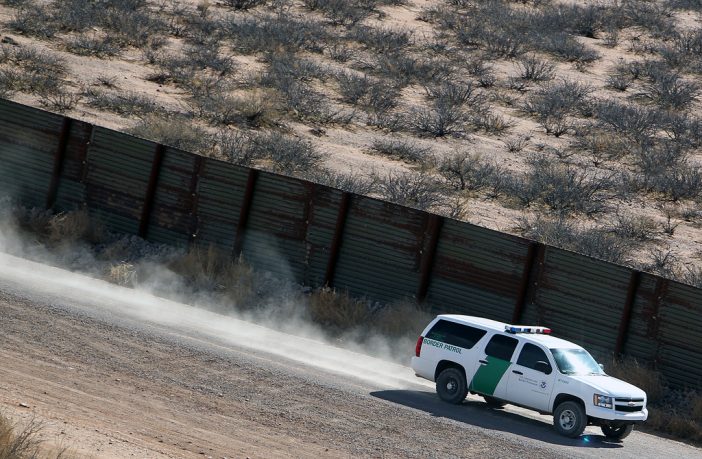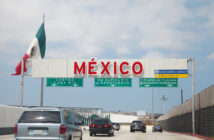Acting on intelligence that drug cartels are seeking to “take advantage of the (coronavirus) situation,” President Trump and senior Pentagon leaders announced military assets were being deployed as part of an “enhanced” drug interdiction operation in the Pacific Ocean and Caribbean Sea.
“We came upon some intelligence some time ago that the drug cartels as a result of COVID-19 were going to try to take advantage of the situation and try to infiltrate additional drugs into our country,” explained Joint Chiefs of Staff Chairman Mark Milley at the beginning of the White House’s daily COVID-19 briefing.
At the request of the president, the Pentagon is doubling U.S. interdiction capacity in the region to combat both drug trafficking and to help slow the spread of the coronavirus by reducing illicit travel, according to Defense Secretary Mark Esper.
Closer to home, there is ample evidence across the Southern border that while Americans might be staying home, drug traffickers are not. Just two weeks ago, agents with Immigration and Customs Enforcement (ICE) and Customs and Border Protection (CBP) uncovered cross-border drug tunnels in two separate locations.
On March 19, federal agents on the San Diego Tunnel Task Force discovered a sophisticated drug smuggling tunnel that ran under the U.S.-Mexico border to a warehouse in a commercial complex near San Diego. In addition, agents found a huge stash of five different hard drugs, including 1,300 pounds of cocaine, 86 pounds of methamphetamine, and 3,000 pounds of marijuana, that have a total street value of $29.6 million.
Days later, agents with ICE’s Homeland Security Investigations unit were alerted to a possible drug tunnel by contractors building a section of the border wall in Yuma, Arizona. With the assistance of Mexican officials, ICE agents confirmed it was a cross-border tunnel – the sixth such tunnel discovered in the Yuma sector – that exited in Sonora, Mexico.
Activity at ports of entry also has not slowed. In fact, CBP officers in Texas’ Rio Grande Valley continue to encounter drug traffickers on an almost daily basis, and a snapshot of arrests in the last month show both CBP and ICE have been very busy making large- and small-scale interdictions all along the border.
While some in the media were quick to criticize speaking about efforts to combat drug cartels at a time when the nation is focused on coronavirus, military officials stressed that their goal is to prevent deaths regardless of whether the threat comes from the COVID-19 pandemic or the epidemic of drugs,
“As we know, 70,000 Americans die on an average annual basis to drugs. That’s unacceptable. We’re at war with COVID-19, we’re at war with terrorists, and we are at war with the drug cartels, as well,” added Milley at Wednesday’s briefing.




